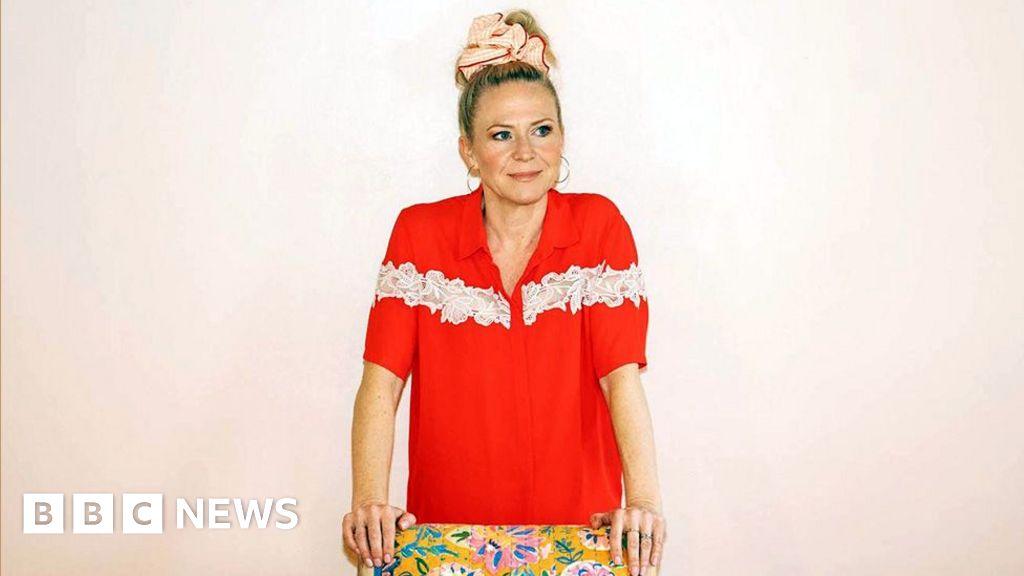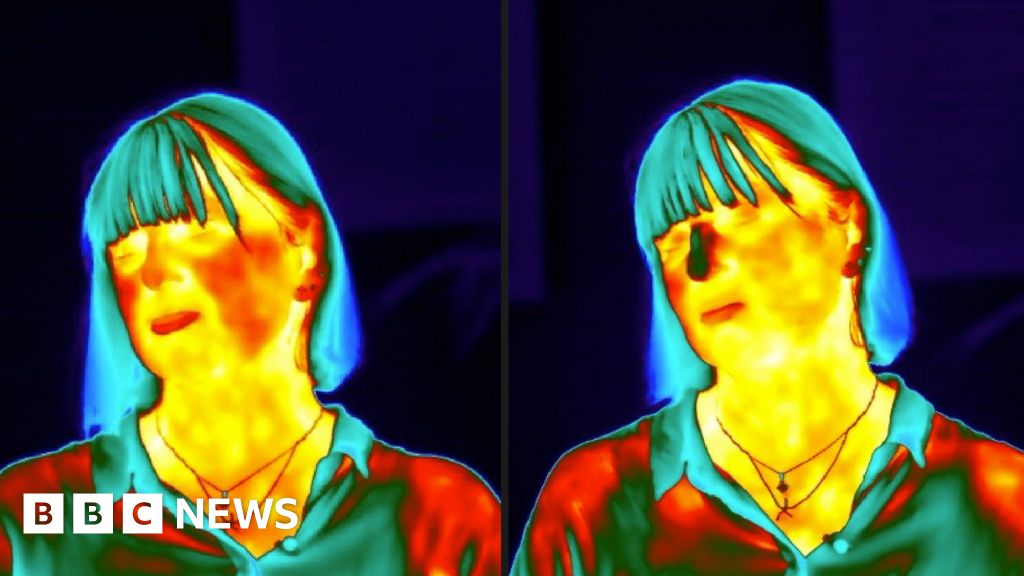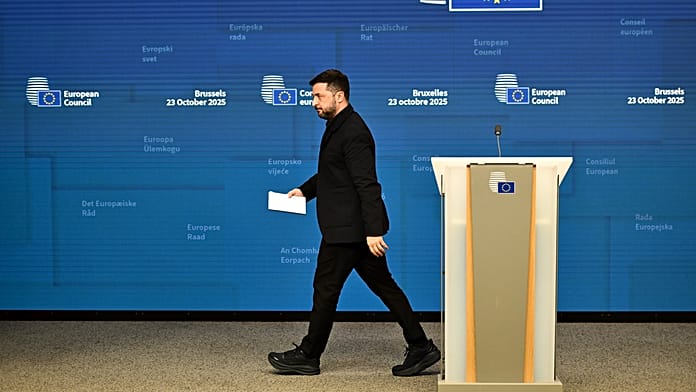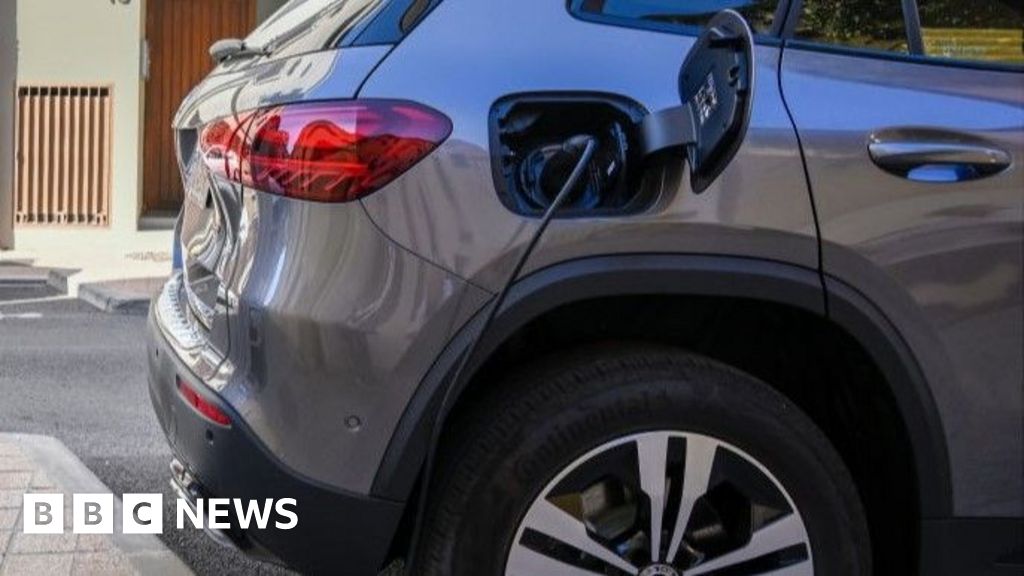Inheritance tax could be abolished in 2024 – how will you be affected?
Inheritance tax (IHT) could be abolished in 2024 in the upcoming Spring Budget but how will you be impacted?This is a tax on the estate of someone, including their money, possessions and property, after they have died.As it stands, a 40 percent tax charge is applied to estates which exceed the £325,000 threshold for IHT.Due to fiscal drag, where incomes have increased while tax thresholds have stayed the same, thousands of households have been dragged into paying this tax.What are the Government’s plans for inheritance tax?Mr Hunt is reportedly exploring scrapping the levy entirely as part of the Spring Budget, according to The Telegraph.This would mean no tax on a deceased person’s estate would be owed to HMRC going forward but other campaigners have suggested alternatives to scrapping IHT.Some Conservative MPs have called for the £325,000 tax-free threshold to be raised as it has been increased in over 10 years.If this were implemented, fewer estates would have to pay inheritance tax and those who do will pay less.Who pays inheritance tax?As it stands, the standard IHT rate is 40 percent which is charged on the part of the estate that is above the £325,000 threshold.It is possible for estates to pay a reduced rate of 36 percent on some assets if they donate at least 10 percent of their net value to charity.A £175,000 extra allowance is applied to homes which cost under £2million with estates valued over this threshold seeing the allowance decrease by £1 for every £2 above £2million the estate is worth.Some people gift parts of their estate to avoid paying inheritance tax as no tax is due on any gifting someone gives if they live for seven years after the gift has been made.LATEST DEVELOPMENTS:How to check your tax code is right - does HMRC owe you hundreds of pounds?Britons could beat ‘ultimate stealth tax’ by boosting pension contributions2.7 million Britons missing out on getting council tax reduced or for freeHouseholds can give away a £3,000 worth of gifts each tax year without them being added to the value of their estate.This is referred to as the annual exemption and people can give gifts or money up to this amount to one person or split it between several people.Recent HMRC figures have showed that less than four percent of estates in the UK paid inheritance tax between 2020 and 2021.Despite this lower figure, this is set to nearly double by over seven percent within the next 10 years.
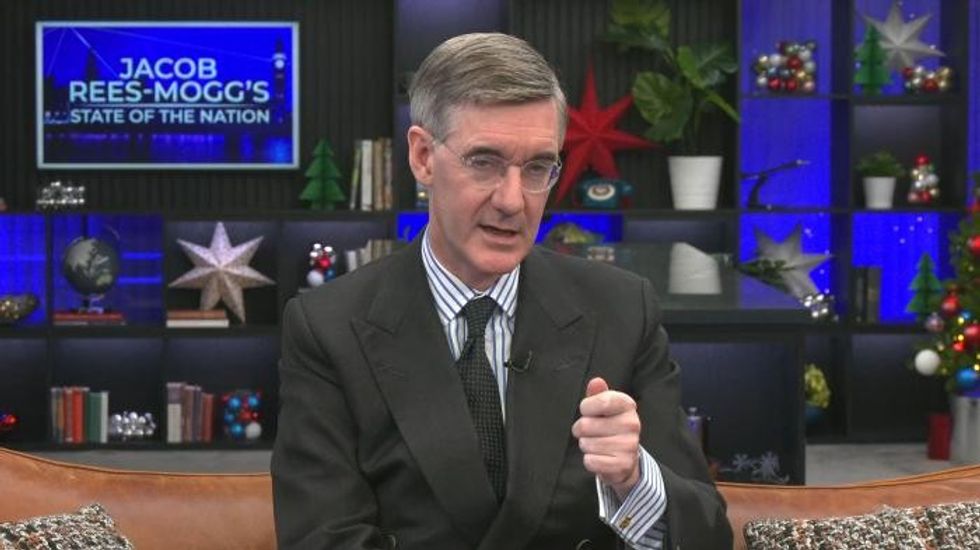
Inheritance tax (IHT) could be abolished in 2024 in the upcoming Spring Budget but how will you be impacted?
This is a tax on the estate of someone, including their money, possessions and property, after they have died.
As it stands, a 40 percent tax charge is applied to estates which exceed the £325,000 threshold for IHT.
Due to fiscal drag, where incomes have increased while tax thresholds have stayed the same, thousands of households have been dragged into paying this tax.
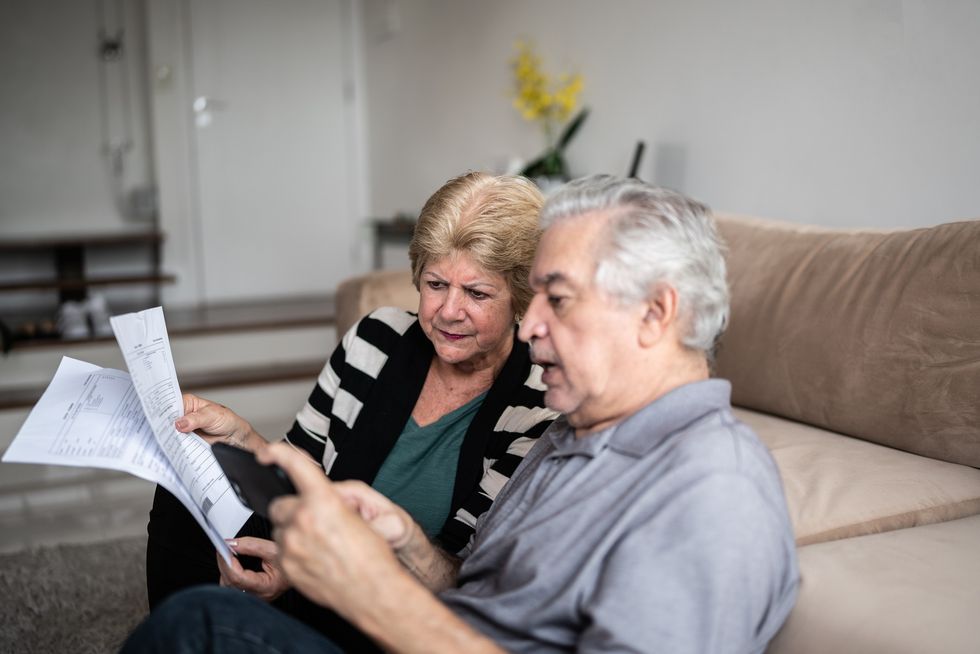
What are the Government’s plans for inheritance tax?
Mr Hunt is reportedly exploring scrapping the levy entirely as part of the Spring Budget, according to The Telegraph.
This would mean no tax on a deceased person’s estate would be owed to HMRC going forward but other campaigners have suggested alternatives to scrapping IHT.
Some Conservative MPs have called for the £325,000 tax-free threshold to be raised as it has been increased in over 10 years.
If this were implemented, fewer estates would have to pay inheritance tax and those who do will pay less.
Who pays inheritance tax?
As it stands, the standard IHT rate is 40 percent which is charged on the part of the estate that is above the £325,000 threshold.
It is possible for estates to pay a reduced rate of 36 percent on some assets if they donate at least 10 percent of their net value to charity.
A £175,000 extra allowance is applied to homes which cost under £2million with estates valued over this threshold seeing the allowance decrease by £1 for every £2 above £2million the estate is worth.
Some people gift parts of their estate to avoid paying inheritance tax as no tax is due on any gifting someone gives if they live for seven years after the gift has been made.
LATEST DEVELOPMENTS:
- How to check your tax code is right - does HMRC owe you hundreds of pounds?
- Britons could beat ‘ultimate stealth tax’ by boosting pension contributions
- 2.7 million Britons missing out on getting council tax reduced or for free
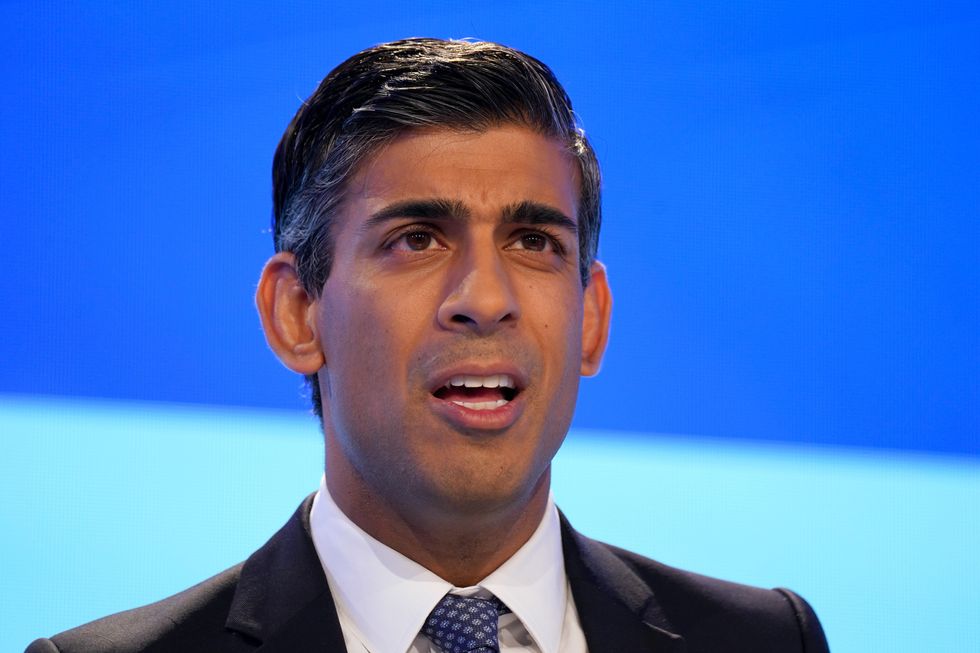
Households can give away a £3,000 worth of gifts each tax year without them being added to the value of their estate.
This is referred to as the annual exemption and people can give gifts or money up to this amount to one person or split it between several people.
Recent HMRC figures have showed that less than four percent of estates in the UK paid inheritance tax between 2020 and 2021.
Despite this lower figure, this is set to nearly double by over seven percent within the next 10 years.

























